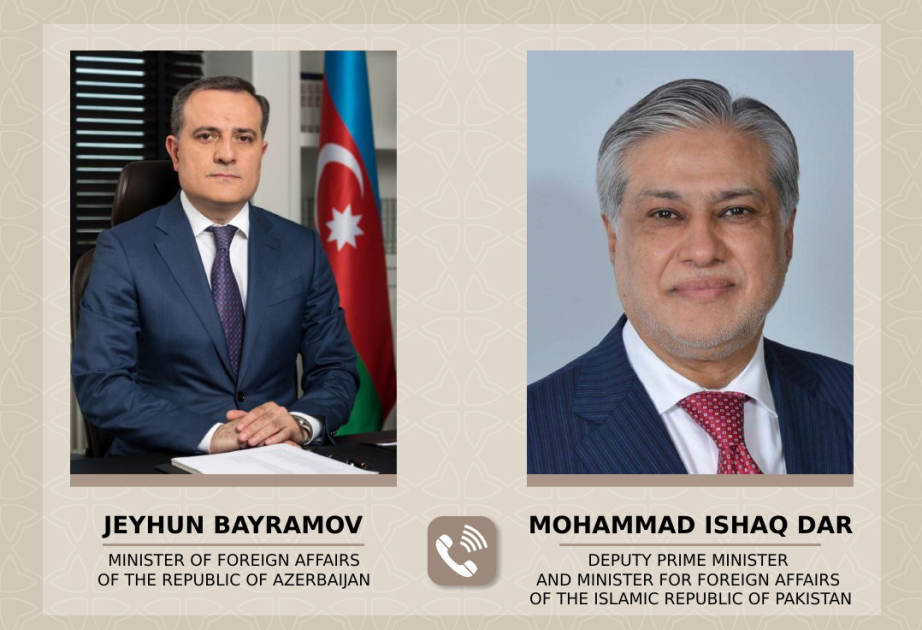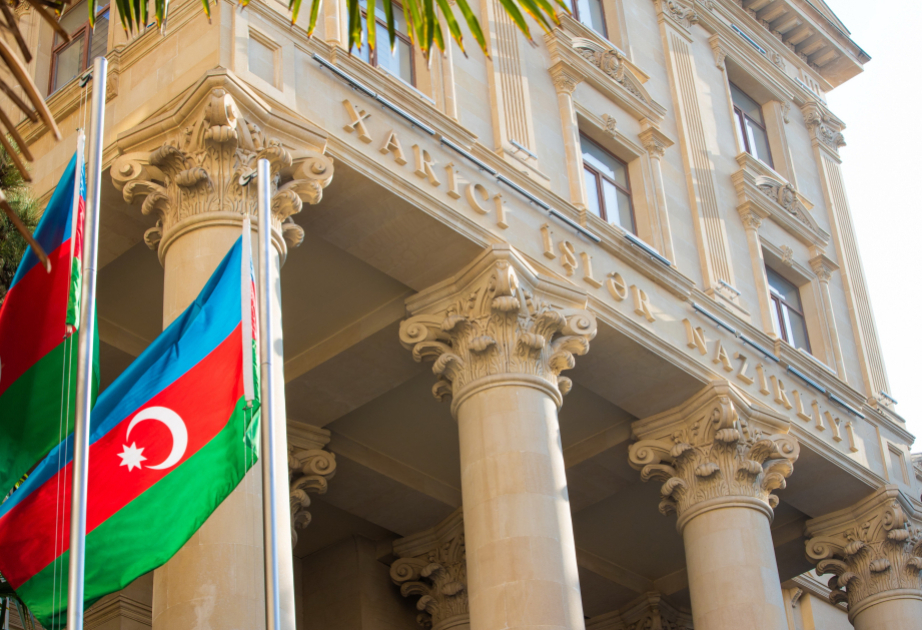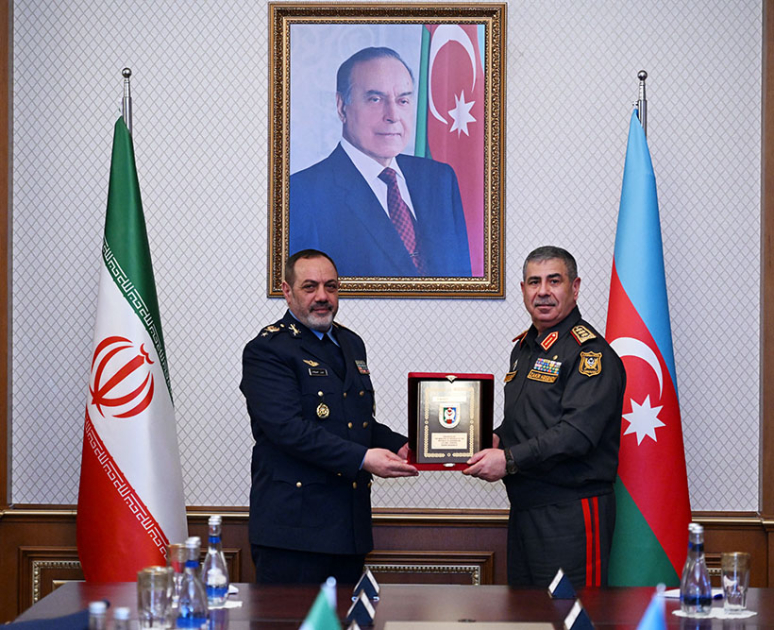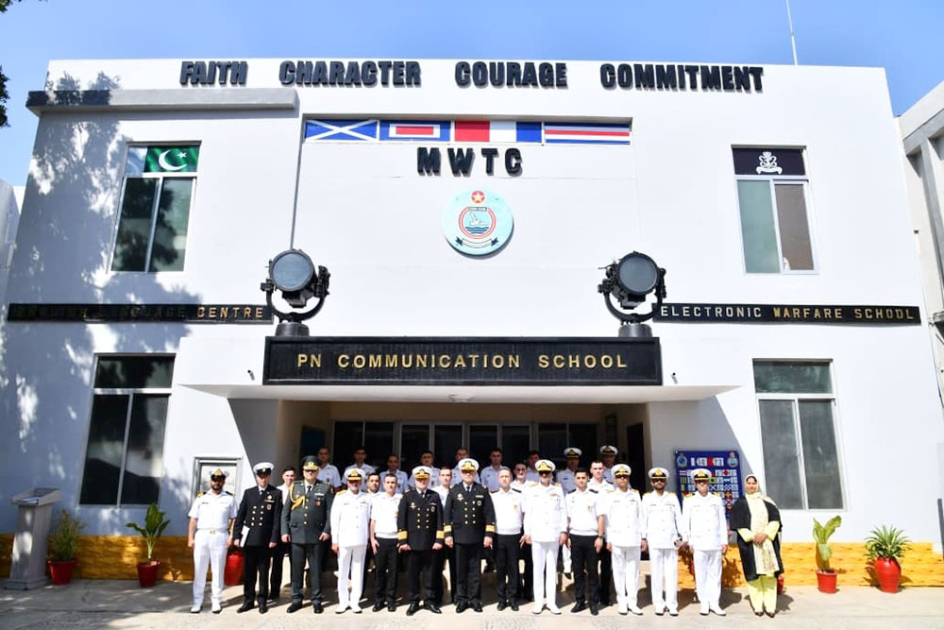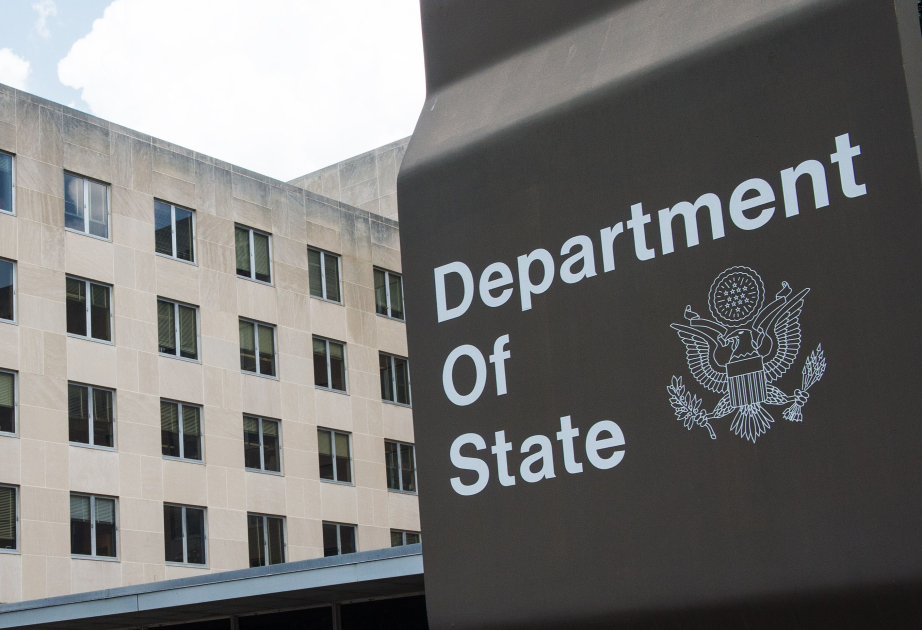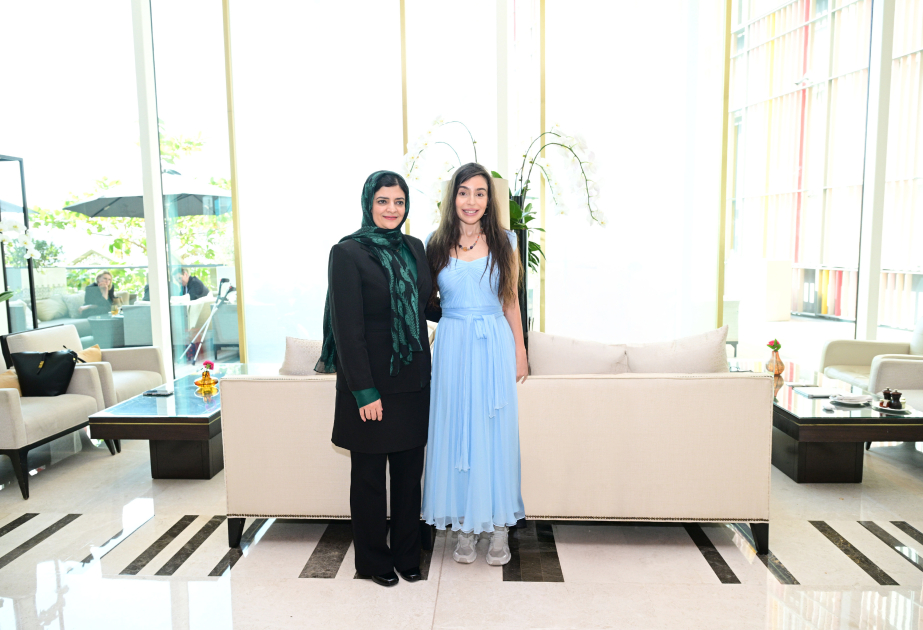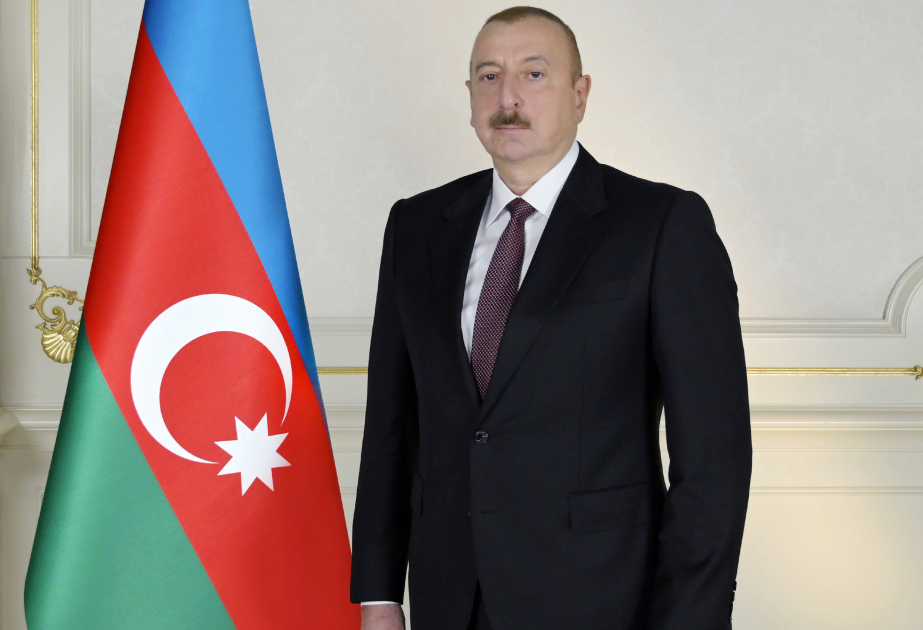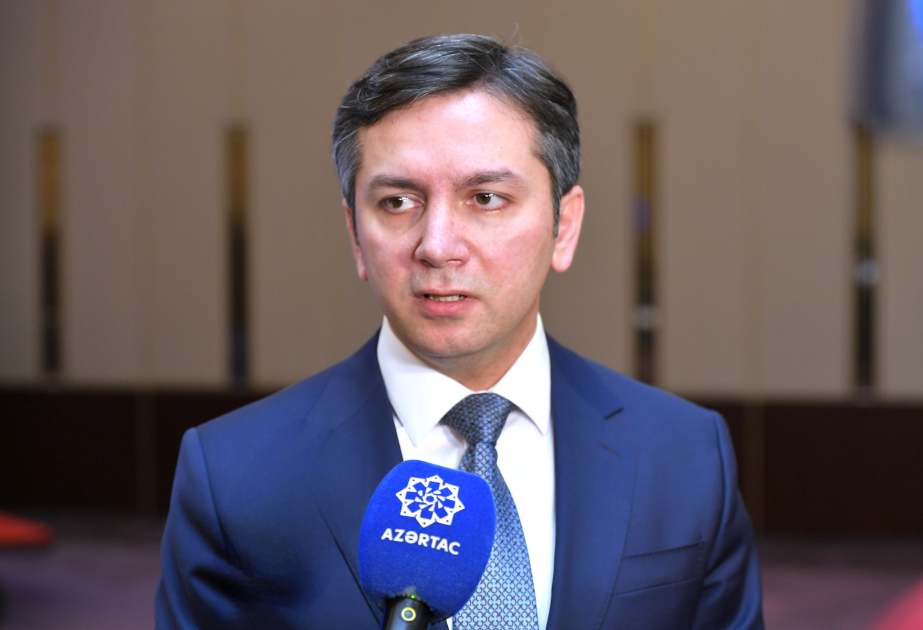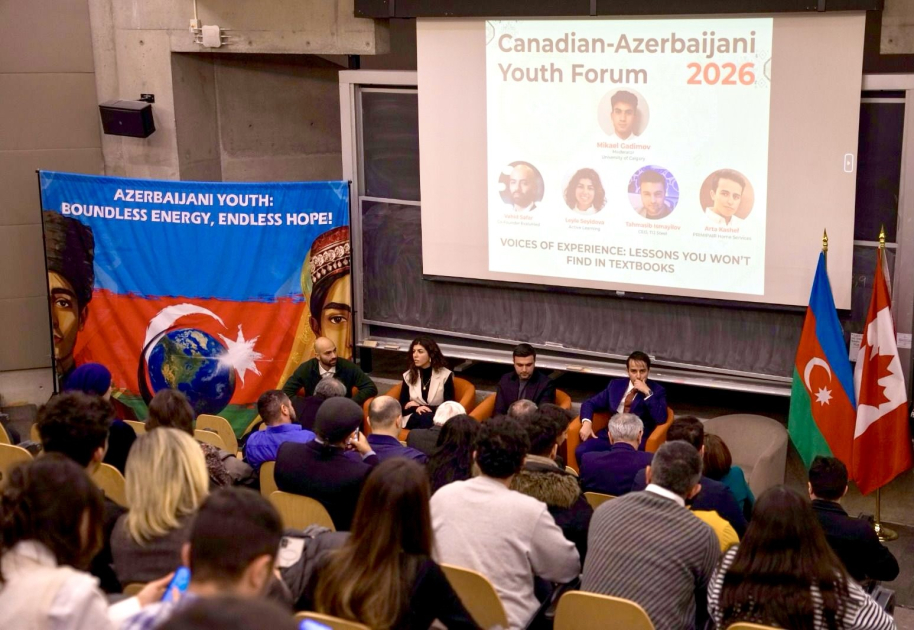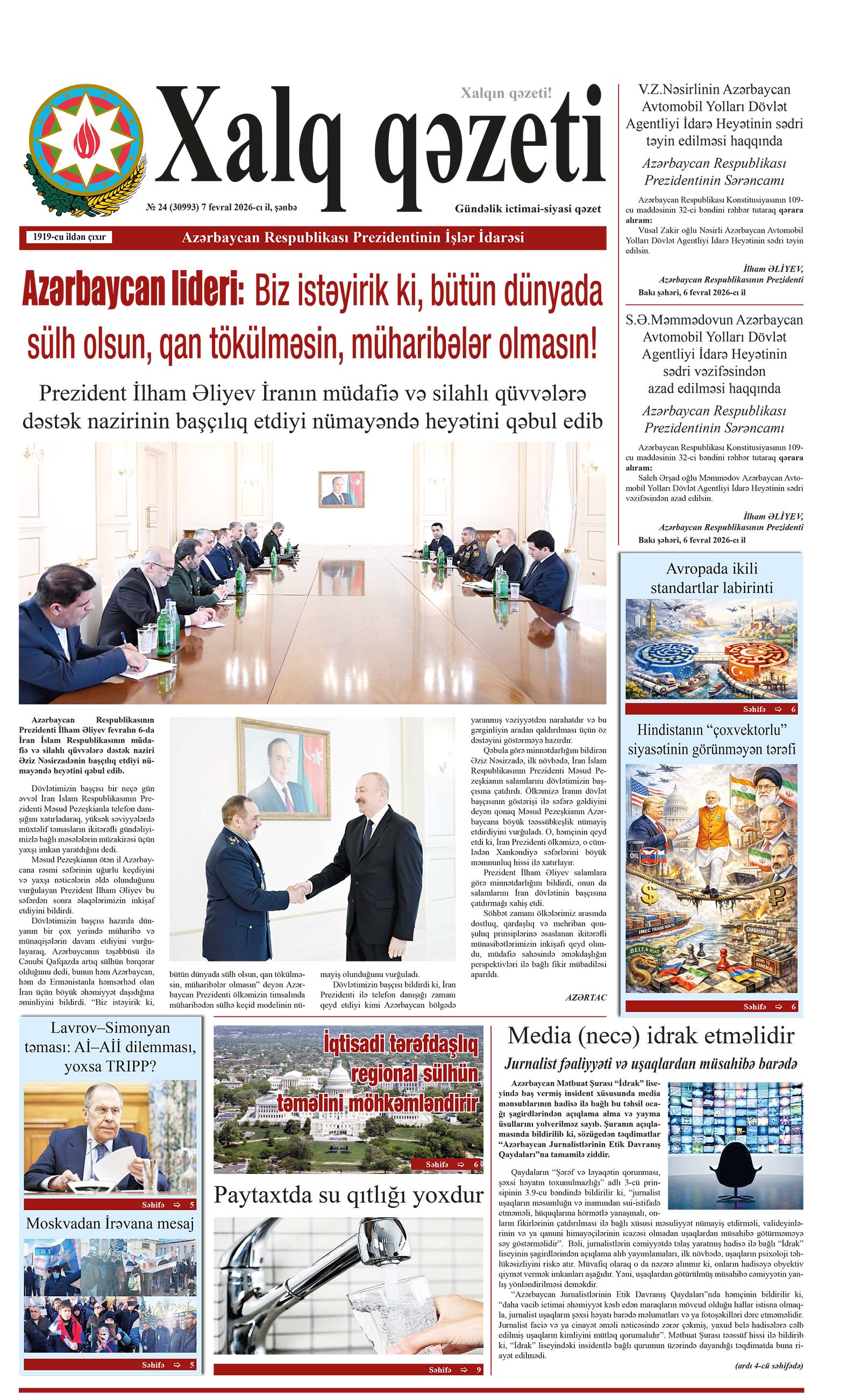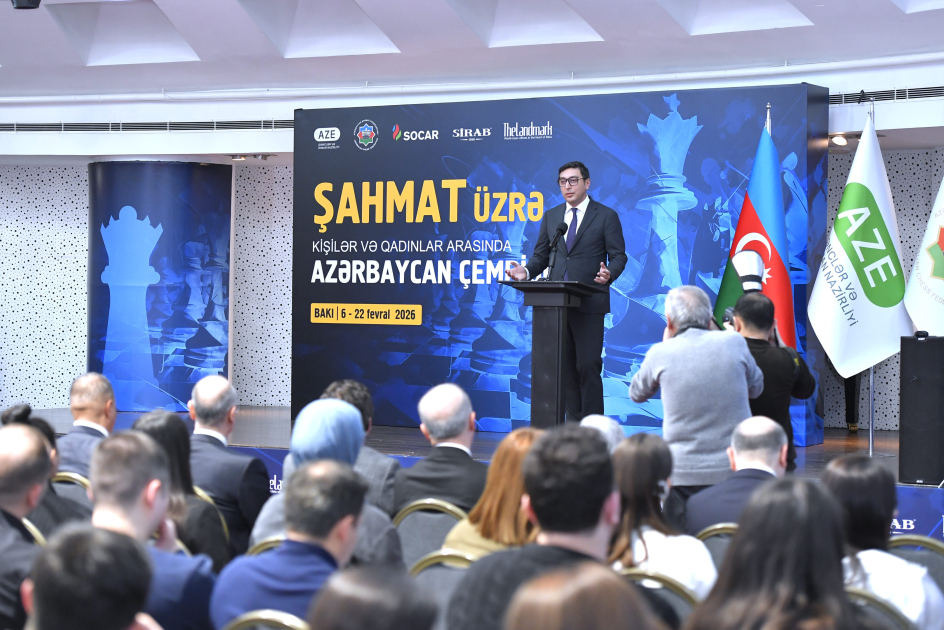He spoke about 3 statements heard from Yerevan
Armenian Foreign Minister Ararat Mirzoyan informed his Greek colleague Giorgos Gerapetritis, who is visiting Yerevan, about the peace agreement to be signed with Azerbaijan. We will talk about this, as well as the opinions voiced by other Armenian officials in the current direction.
However, let us first state that while informing the Minister of Foreign Affairs of Greece, A. Mirzoyan raised the issue in the context of the situation in the South Caucasus and the peace process in the period after the "forced" displacement of the Karabakh Armenians: "Of course, I will inform our partner and the members of the delegation led by him about the forced displacement of the Nagorno-Karabakh Armenians then I presented the situation in the South Caucasus, the peace process, its details and problems in detail."
Apparently, Armenia does not abandon its old rhetoric. Still, when it comes to the peace process, Azerbaijan becomes an object of accusation. On the other hand, Iravan comes to the idea of "Crossroads of the World" that he himself brought up in this process level. It turns out that this idea acts as the main element of normalization with Azerbaijan. However, this is not the case at all.
"Crossroads of the World" is an attempt to evade the obligations assumed by Armenia. That is, Mirzoyan should not try to justify the issue of opening regional communications, which is the main component of the peace process, with the said project. Also, it should not work because, even though the land route connecting other territories of Azerbaijan with Nakhchivan, entered into the political lexicon as the Zangezur Corridor, was officially approved in the peace agenda, that is, even though it was emphasized in the tripartite statement of the leaders of Azerbaijan, Russia and Armenia dated November 10, 2020, "The world intersection" has no point to rest on. It is also clear that Iravan conceived this initiative against the logic of the Zangezur corridor. It is impossible to realize the project without Azerbaijan's permission.
Yes, A. Mirzoyan emphasized that despite all the difficulties and complications, the delay of the work, and in some cases the destructive position (?) of Azerbaijan, Armenia is determined to continue the peace negotiations and establish peace in the South Caucasus. It turns out that Yerevan wants peace, but not Baku?
However, let's also say that there is a certain positive atmosphere in the views of the head of the Armenian Foreign Ministry. Thus, he expressed his belief that with a mutually constructive approach and political will, the parties will be able to achieve significant results in the direction of establishing peace in the very near future.
By the way, let's note that positivity is also reflected in the opinion of Armen Grigoryan, the secretary of the Security Council of Armenia, in his interview with the country's "Public" television a few days ago. A. Grigoryan said that the official Iravan responded to the proposals addressed by Baku two weeks ago regarding the peace agreement, while noting that they are waiting for a new response from the other side, and announced that they expect the peace agreement to be signed as soon as possible. However, he also emphasized that no progress has been made on some issues: "We expect that we will soon achieve progress on these issues and that the remaining issues that we have not found a solution to will be resolved through the exchange of views and negotiations and that a peace agreement will be signed as soon as possible."
A. Grigoryan also said that it was agreed to hold a meeting of the border delimitation commissions of Armenia and Azerbaijan at the end of January this year, and he hoped that the meeting would take place. It should be noted that the last meeting of the mentioned commissions took place on November 30 last year at the Armenia-Azerbaijani border. At that meeting, the parties agreed on the initial text of the working regulations on the organization and holding of the commission's meetings and joint working meetings. The countries also agreed to start work on agreeing a draft regulation on the joint activity of the delimitation commissions.
However, unlike Mirzoyan and Grigoryan, Sarkis Khandanyan, the chairman of the Foreign Relations Commission of the Armenian Parliament, is busy making noises. Firstly, he said that Yerevan has not received any proposal for direct bilateral negotiations with Baku. It is impossible to understand, who should have made the offer?! On the other hand, Azerbaijan repeatedly raised the logic of direct dialogue. It turns out that some third party had to offer Yerevan to negotiate directly with Baku. Secondly, the Armenian parliamentarian commented on Azerbaijan's statements regarding bilateral negotiations and created the impression that our country's proposal is only a word...
Yes, in his statement, S. Khandanyan is taking the path of focusing on the third side of the negotiations. For example, he states that his country attaches importance to the permanence of already formed formats. Because those formats add international importance to the negotiations, make them more legitimate, and make the risks manageable. "In particular, negotiations were held at the level of foreign ministers in Washington, and negotiations were held at the level of the heads of state at the European Union platform," Khandanyan said, clarifying his opinion.
In general, it is obvious that Armenia takes the logic of bilateral negotiations very narrowly. In fact, it is possible to take S. Khandanya's opinion into account from this point of view. In other words, emphasizing the importance of contacts with the participation of international actors, rather than bilateral negotiations, S. Khandanyan spoke about the continuation of mutual discussions only in the context of delimitation commissions. The contrasting point here is that the Armenian MP also emphasized that there were direct bilateral negotiations on the return of prisoners of war in December of last year. The conclusion derived from his words is that Armenia is ready for direct contacts only on such issues. "For us, regardless of whether the negotiations are continued on international platforms or whether there are direct bilateral negotiations, their content and consolidation of principles is of great importance. If these principles are not established, the agreements will not have the value we expect," Khandanya's opinion says, nothing but manipulation and a bunch of meaningless words have an effect.
A. RUSTAMOV
XQ


.jpg)

